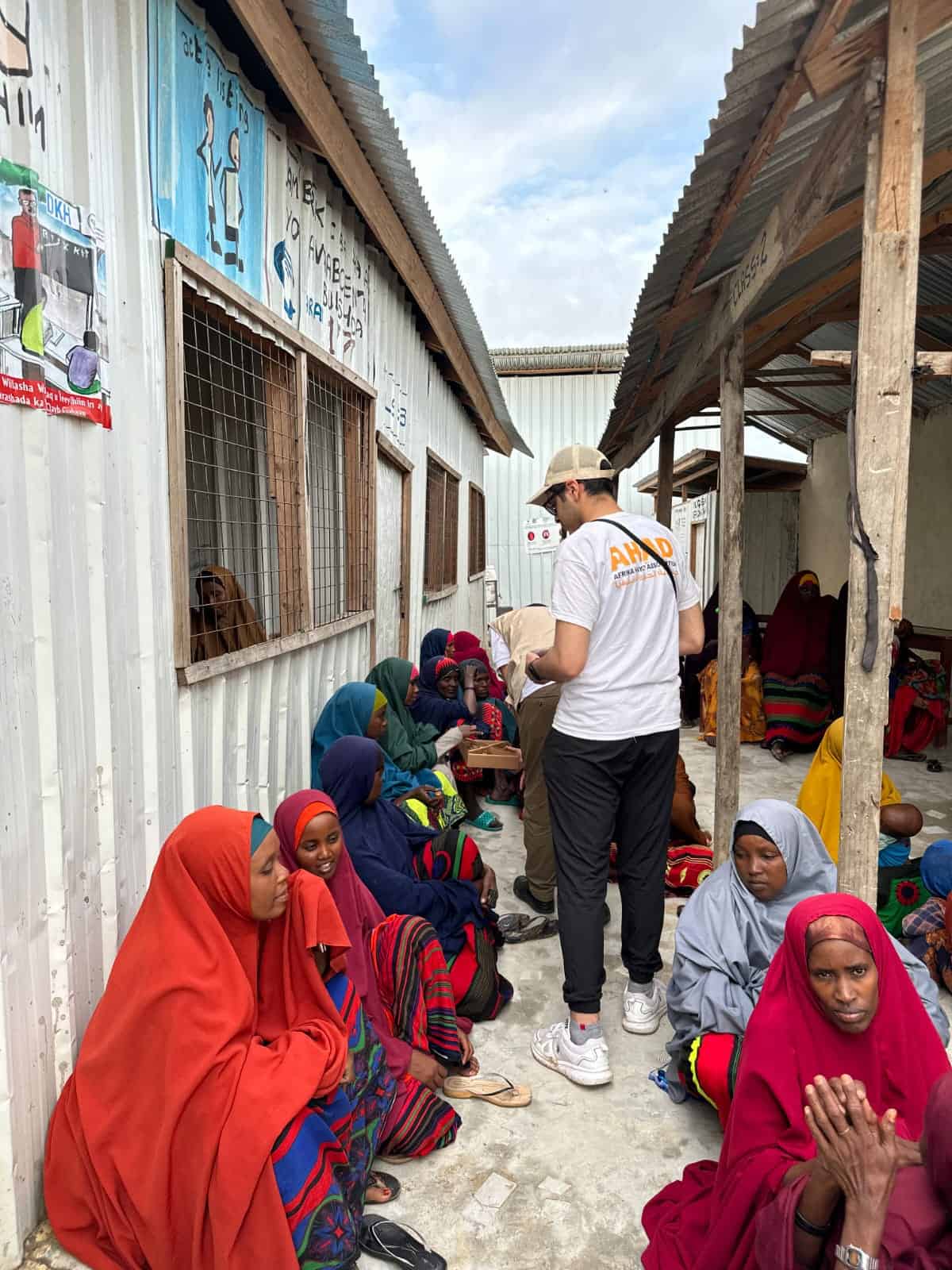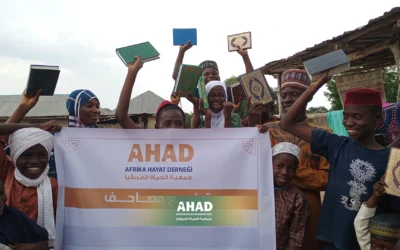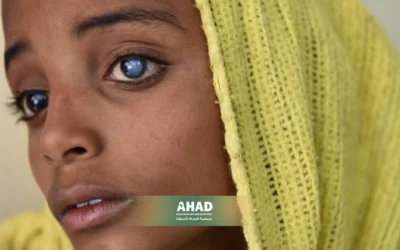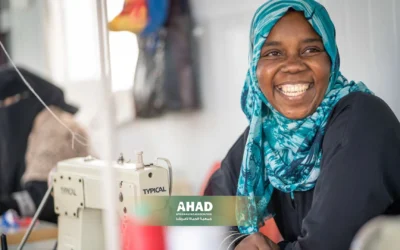Zakat is the third pillar of Islam and is a premise for rich Muslims to distribute part of their wealth to the needy, the poor and the poor and help achieve social justice. Zakat is considered a religious duty that promotes the values of solidarity and solidarity in Islamic Society and achieves a balance between wealth and poverty. Muslims believe that zakat is a temple that gives them the grace of spiritual and material ability.
Interpretation of the concept of Zakat
Zakat is a pillar of Islam and means purification and growth, it is a cult based on the distribution of part of the wealth to the needy and the poor. Muslims consider Zakat to be a means of charity and social solidarity, where the rich subsidize the poor and stimulate a just social balance. Zakat affects both the donor and the beneficiary, as it promotes spirituality, alleviates need and promotes justice in society.
Provisions and controls of Zakat in Islamic law
Zakat in Islamic law is governed by a set of provisions and controls that must be followed when distributing it. These provisions include: about the amount due for Zakat, the items that are subject to zakat, the conditions of its beneficiaries, and the methods of distribution. Islamic law takes the principle of justice and balance into account when determining and applying these provisions.
The history of Zakat and its development in the Islamic world
The history of Zakat stretches back to the early Islamic times, where zakat is one of the fundamental pillars in Islam. Zakat developed and branched out during the reign of the Rashidun caliphs and the Abbasid state, where it became an official institution that collects and distributes money for the benefit of the poor and needy. Zakat has been developed through the ages, and now it is applied in various forms and ways in Muslim countries.
Topics of Zakat in the prophetic biography
The topics of Zakat in the prophetic biography deal with many important aspects. The Prophet Muhammad (peace and blessings of Allaah be upon him) gave practical examples of the application of Zakat and pointed out the importance of directing it to those in need. The prophetic biography also included directions about the Zakat Nisab and the types of money due for Zakat. In addition, the Prophet recommended the distribution of Zakat in poor territories and areas suffering from natural disasters.
Examples of Zakat applications in the history of Islamic Civilization
In the history of Islamic civilization, we have witnessed many inspiring examples of the application of Zakat. Zakat was distributed fairly to meet the needs of society, as charitable bodies and institutions were established that were responsible for collecting Zakat and distributing it to the poor and needy. The aim of these applications was to improve the conditions of the poor and contribute to building society comprehensively.

The impact of Zakat on the economies of African countries
Zakat is one of the main pillars of the economy in Islamic countries, and it plays an important role in improving the economies of African countries. The correct guidance of Zakat has led to a more equitable distribution of wealth, enabling the poor and needy to receive the necessary assistance to improve their material conditions. Zakat also strengthens the role of charitable institutions in organizing donations and promoting community cooperation in African countries.
Distribution of Zakat in African countries
The countries of Africa deal with large amounts of zakat collected from Muslims in the country. This zakat is distributed to the poor and needy by charitable foundations and Islamic bodies. Zakat is directed to meet basic needs such as food, shelter, health and education. Zakat is also used to support small and medium-sized development projects to improve employment and income opportunities in African countries.
The role of Zakat in combating poverty and improving the conditions of the poor in Africa
Zakat plays an important role in combating poverty and improving the conditions of the poor in Africa. Through the collection and distribution of Zakat, financial assistance and resources are provided to poor individuals and families. This aid is used to secure food, shelter, health care and education, as well as to support development projects to boost employment and income. With good investment and the right direction of Zakat, African countries can achieve a significant improvement in the lives of the poor.
Review of studies and research on the impact of Zakat on the poverty level in Africa
There are many studies and researches that put forward the impact of Zakat on the level of poverty in ifriqiya. Studies have shown that Zakat has a major role in improving the lives of the poor and needy on the continent, as it contributes to providing basic needs for the needy individual and family, such as food, housing, education and health care. Zakat is also used to support development projects that enhance employment opportunities and improve the income of the poor. These studies come to enhance the impact of Zakat in the fight against poverty and achieving sustainable development in Africa.
Samples of the results of current studies
Current studies have revealed a positive impact of Zakat on the poverty level in Africa. A study conducted in a particular country has shown that the poverty rate is significantly reduced thanks to the distribution of Zakat to the poor. Another study also showed the impact of Zakat on raising the level of education and improving the living conditions of the poor. These results indicate the achievement of Zakat has a strong impact in the fight against poverty in Africa.

The best scenarios for achieving a positive impact of Zakat on poverty in Africa
The best scenarios for achieving a positive impact of Zakat on poverty in Africa lie in improving the organization and direction of the distribution of Zakat. This can be achieved by working on strict criteria and controls for determining the categories eligible for Zakat, ensuring its effective access to the poor. Zakat can also be developed and invested in productive projects that enhance the income of individuals and provide new job opportunities.
Analysis of the challenges of implementing Zakat effectively in African countries
The countries of Africa are experiencing many challenges in implementing Zakat effectively. These challenges include financial and administrative constraints, weak organizational structures for the collection and distribution of Zakat, and the lack of clear laws governing the collection and distribution process. There is also a problem in identifying the poor who are eligible for Zakat subsidies and ensuring that the actual Zakat aid reaches the poor. In addition, some point out that there is corruption in the processes of collecting and administering zakat in some African countries. Therefore, African countries need to improve infrastructure and strategies to enhance the effectiveness of the application of Zakat and make the most of it in the fight against poverty.
Influencing economic and social factors
The countries of Africa face several economic and social factors that affect the effective application of Zakat. Among these factors, extreme poverty, unemployment, poor economic and social infrastructure. These factors are real challenges that need to be addressed immediately to promote the effective application of Zakat in achieving sustainable development and poverty eradication in Africa.
The necessary measures to improve the direction of Zakat and increase its effectiveness in the fight against poverty
Several measures should be taken to improve the direction of Zakat and increase its effectiveness in the fight against poverty in African countries. Some of these procedures include:
Promote awareness of the importance of Zakat and its benefits in poor communities.
Establish strong regulatory bodies to ensure that zakat is distributed fairly and appropriately.
Improve coordination between the entities involved in the collection and distribution of Zakat to ensure a fair and effective distribution.
Strengthen cooperation between government organizations, civil society and the private sector to enhance the implementation of Zakat.
Develop information technology systems to facilitate the collection and distribution of Zakat and track its effective use.
Provide continuous support and training to the employees responsible for managing Zakat to enhance their skills and competence.
Encouraging community participation in economic and social development through Zakat investments in sustainable development projects.
Providing incentives and benefits to individuals and institutions that take an active role in applying Zakat and supporting the poor.
Achieving these measures will contribute to strengthening the role of Zakat in fighting poverty and improving the conditions of the poor in African countries.
Conclusion
Zakat has a great impact in the fight against poverty in Africa, where it is one of the socio-economic pillars of Islam. After reviewing the research and analysis on the impact of Zakat on the African continent, it can be said that Zakat has the potential to improve the conditions of the poor and promote sustainable development in communities. Therefore, the role of Zakat should be actively strengthened and directed to achieve maximum effectiveness in the fight against poverty in Africa.
Assessing the impact of Zakat on poverty in Africa
Evaluation of the impact of Zakat on poverty in Africa shows a positive impact of Zakat in alleviating poverty and improving the conditions of the poor on the continent. Studies show that Zakat may contribute to the provision of income, education and health care to the poor, stimulate social investments and sustainable development. However, there is a need to explore possible scenarios and improve the procedures for distributing zakat in order to maximize the effectiveness in the fight against poverty in Africa.
You can visit the Ahad website and see the projects it offers
Related articles:
Social and economic benefits of Zakat
Join us in our message by donating




